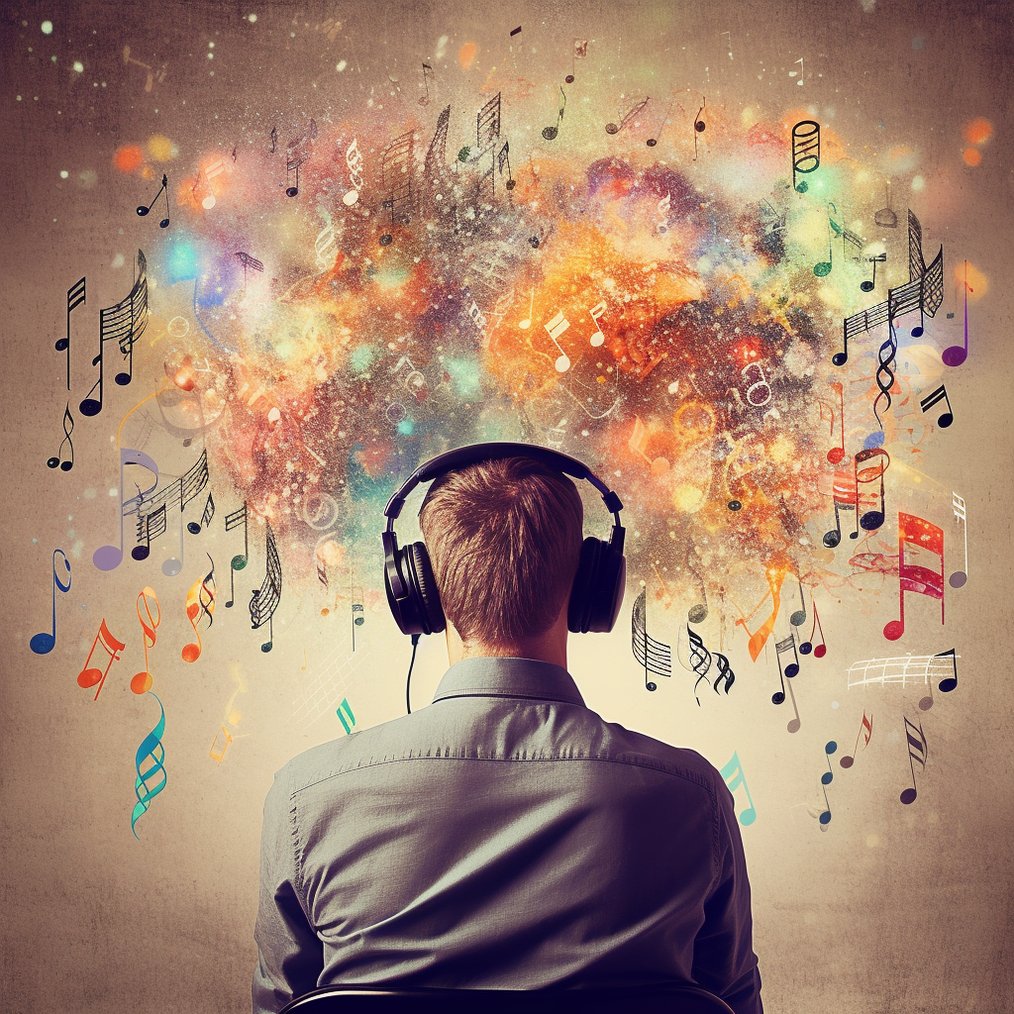Music has long been recognized as a powerful tool for self-expression, relaxation, and emotional healing. It has the ability to touch our souls, evoke memories, and uplift our spirits. In recent years, music therapy has emerged as a recognized form of treatment for various mental health conditions. This article explores the healing power of music and delves into the field of music therapy, shedding light on its benefits and applications in promoting mental well-being.
Understanding Music Therapy
Music therapy is a specialized form of therapy that utilizes music to address physical, emotional, cognitive, and social needs of individuals. It is facilitated by trained music therapists who employ a range of techniques, including active music-making, listening, and discussion, to achieve therapeutic goals. Music therapists create personalized treatment plans that cater to the unique needs of each client, using music as a medium for expression, communication, and growth.
Music and Emotional Well-being
Music has a profound impact on our emotions. It can evoke feelings of joy, sadness, nostalgia, or calmness. In music therapy, this emotional connection is harnessed to support individuals in processing and expressing their emotions. Whether it’s through improvisation, songwriting, or guided listening, music therapy provides a safe space for individuals to explore and release their feelings, leading to emotional healing and increased self-awareness.
Reducing Stress and Anxiety
Stress and anxiety are common mental health challenges faced by many individuals. Music has been shown to have a significant impact on reducing stress levels and promoting relaxation. Slow, melodic music, such as classical or instrumental pieces, can induce a state of tranquility and help individuals unwind. Guided relaxation exercises accompanied by soothing music further enhance the therapeutic benefits, allowing individuals to alleviate anxiety and experience a sense of calmness.
Enhancing Cognitive Abilities
The power of music extends beyond emotions and relaxation—it can also enhance cognitive abilities. Studies have shown that music therapy can improve attention, memory, and executive functions in individuals with cognitive impairments or neurological conditions. For instance, rhythmic patterns and musical mnemonics can aid in memory recall, while playing musical instruments can strengthen motor skills and coordination. These cognitive benefits make music therapy a valuable tool in rehabilitation and supporting cognitive development.
Promoting Social Connection
Music has a unique ability to bring people together, fostering social connection and reducing feelings of isolation. In group music therapy sessions, individuals can engage in collaborative music-making activities, such as drum circles or choir singing, promoting a sense of belonging and unity. The shared experience of creating music in a supportive environment cultivates social skills, improves communication, and encourages positive relationships among participants.
Empowering Self-expression
For many individuals, expressing themselves verbally can be challenging. Music therapy provides an alternative avenue for self-expression, allowing individuals to communicate and share their thoughts and emotions through music. This is particularly beneficial for individuals with conditions such as autism spectrum disorder or communication disorders. Through music, they can find their voice, express their inner world, and connect with others in a meaningful way.
Addressing Trauma and Emotional Wounds
Trauma can leave deep emotional scars, impacting an individual’s mental health and well-being. Music therapy offers a safe and non-threatening space for individuals to explore and process their traumatic experiences. Guided by a trained music therapist, individuals can engage in therapeutic activities, such as songwriting or improvisation, to express their feelings and work towards healing. The structured nature of music therapy provides a sense of containment and control, allowing individuals to gradually confront and heal from their trauma.
Integration into Traditional Mental Health Treatment
Music therapy is increasingly recognized as a valuable adjunct to traditional mental health treatment. It can be integrated into various therapeutic settings, including hospitals, clinics, schools, and community centers. Music therapists often collaborate with other





